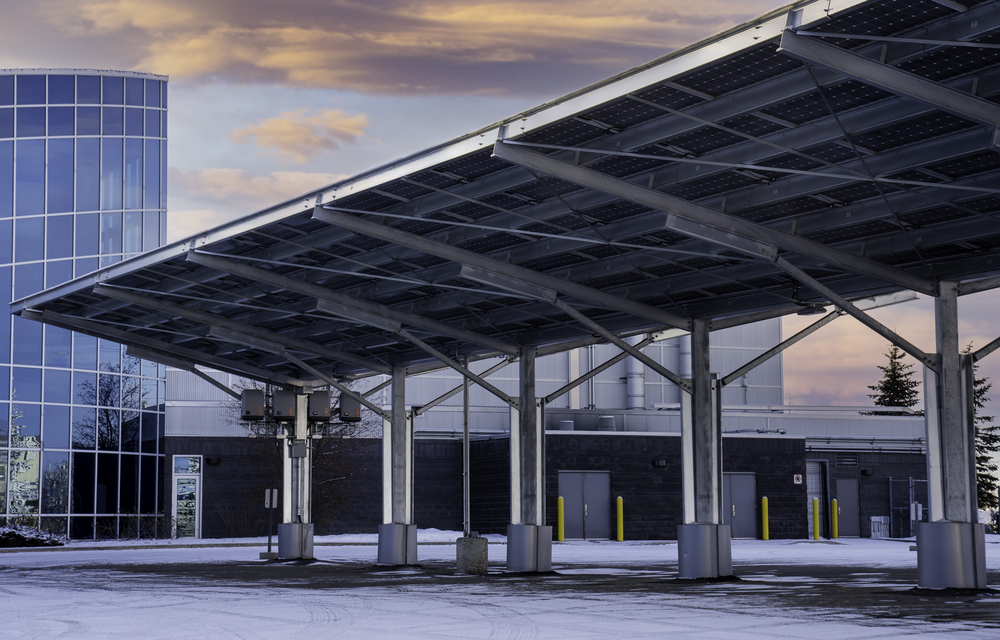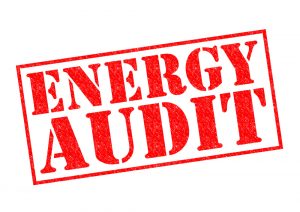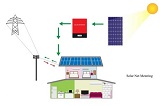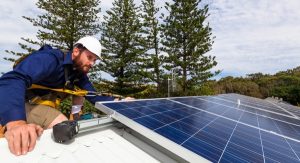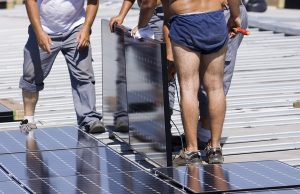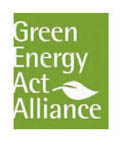Canadian Government Introduces a Game-Changer for Solar Power
Canada’s recently released 2022 Fall Economic Statement introduces investment tax credits for clean technologies. This refundable tax credit aims to encourage more people to transition to net-zero energy and will spur economic growth by making it more attractive to invest in Canadian businesses.

The move is a direct response to the United States’ passage of the Inflation Reduction Act, signed into law by President Joe Biden in August. The IRA introduced an investment tax credit for stand-alone energy storage projects, extended the existing solar and wind production tax credits for 10 years and introduced incentives for manufacturing and hiring domestically.
Who Is Eligible for Canadian Federal Incentives in 2022 and Beyond?
As with the IRA in the U.S., the government is still determining the specifics and implementation of the investment tax credit. However, projects that invest in net-zero technologies, battery storage, solar and wind power, electric vehicles and clean hydrogen will be eligible.
The generation and storage ITC will be available starting on the first day of the 2023 budget and will remain in place until 2035.
The Canadian government has proposed introducing a refundable tax credit equal to 30% of the cost of capital investment into:
- Electricity generation systems, such as solar panels
- Stationary electricity storage systems
- Low-carbon heating equipment
- Industrial zero-emissions vehicles and related charging or refueling equipment
A higher 40% tax credit will also be available for hydrogen projects that meet all eligibility requirements on carbon intensity, with incentives reducing if emissions increase.
Tax Credit Is a Step in the Right Direction, but More Progress Is Still Necessary
National renewable energy association CanREA applauded the investment tax credit as a positive sign that Canada’s government is taking bold steps to invest in renewable energy like solar, wind and hydroelectric power.
In their efforts to combat climate change, Canada’s officials have announced an ambitious goal of reaching net zero by offsetting or eliminating all carbon emissions by 2050. Still, the country is lagging in areas such as energy storage, and hitting that target will require many more home and business owners to step up and embrace environmentally friendly solutions like electric vehicles and solar panels.
Learn More About Ontario Solar Panel Rebates
If you are interested in being on the cutting edge of renewable energy, switching to solar panels or using home battery storage may be right for you. You may also be eligible for various Ontario solar incentives or tax credits for making the change.
Contact us today to request free quotes from our trusted partners!


